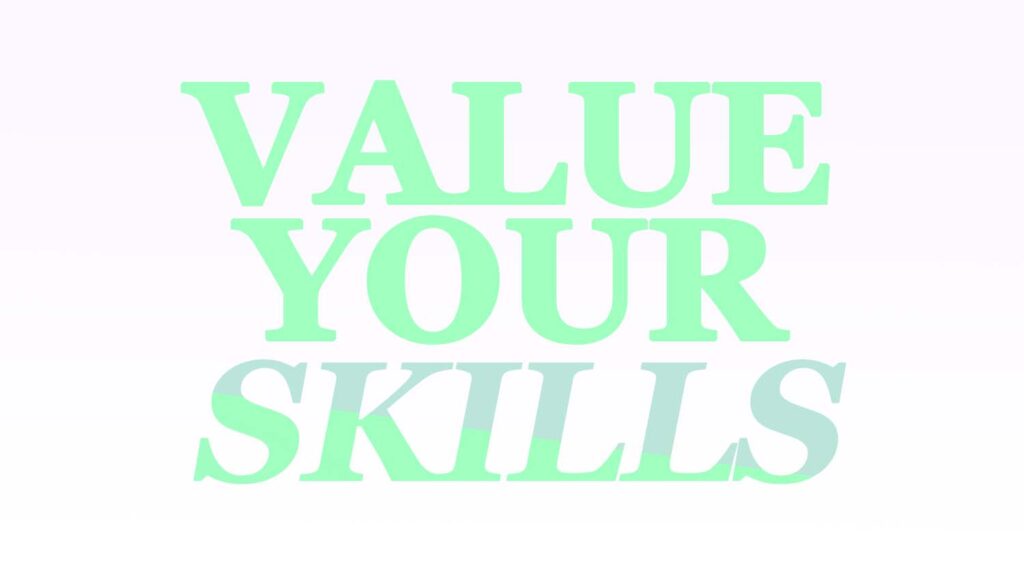In 2021, there’s a need to value your skills as a product designer – to accentuate the positive and embrace the negative. Here are some tips for doing just that, from our regular columnist, Erin McDermott
Physical product developers, I want you to know: “You’re good enough, you’re smart enough, and doggone it, people like you.” This quote comes from an American comedy skit from the 90s on Saturday Night Live.
The character speaks the line to a mirror, imitating the cloying self-help gurus of that age. And yet, even though this phrase originated as a joke, lately, I have urges to earnestly shout it down the microphone to whichever engineer I’m speaking to.
Why? Well, technical specialists tend to sorely underestimate their expertise. In fact, it seems the more accomplished they are, the harder it is for them to see it.
Over the past few months, I’ve interviewed other engineers working on hardware to learn more about what we need to be happy and financially stable in our work. Yet even though the calls initiate as a research project, I always end up giving these pros valuable perspective.
At the end of each call, they are smiling and buzzing with optimism. They tell me they didn’t realise all the places their skills are sorely needed or how valuable their specific combinations of talents are.
Here, I’ll try to help you reproduce the lines of thinking that inspired those much-needed ego bumps.
Value your skills – Embrace your negativity
Let’s start with something that comes easy to all of us: negativity. Are there things in your day-to-day life that are simply designed unacceptably? Do they disgust you, even? Of course there are! This is the Engineer’s Curse. We are all afflicted.

You’ll notice that the closer the unacceptable engineering flaw falls toward your area of expertise, the more it irritates you. This is, in part, because there aren’t too many other people who will understand just how messed up it is.
The disregard for ergonomics in the shape of that housing, the unacceptable size of that heat sink, the garish colour temperature of that LED, the surface finish on that button you see? Oh, the horror of it all!
To compound the tragedy, you are nearly alone in feeling this agony. Go ahead and shake your fist at the sky.
Now that you’re done with your tantrum, do you notice something else? The things that bug you about a design, because they seem obviously bad to you, are not obvious to the rest of the world. If they were plain to everyone, products that irk you would not have been made that way in the first place.
Congratulations, you’ve found one of your superpower technical specialties. To others who can’t see the world with this same X-ray vision, you can provide exceptional value.
Other people, other industries
In one call with a Class-A modeller of race car CAD, the pro expressed disappointment in the limitations of his skills. Minutes later, he was describing a totally unrelated consumer electronic design that was modelled so poorly that it drove him into a fervour just explaining how bad it was.
Imagine you were the guy leading the team that engineered that ugly device. Now imagine a person who polished the final look of gorgeous race cars wanting to give you some tips on making your V2 housing design aesthetically pleasing.
Wouldn’t you be thrilled to hear what they had to say? I think so. In fact, I think that leader would be begging for the Class-A modeller’s feedback.
This example overlaps with the other way I’d like you to think about your skills: through the lens of a different industry. Consumer electronics and sports cars are totally different leagues of products. In this case, average skills from one industry become jawdropping abilities when brought to another.
In another call, I was talking to a fellow optical engineer who worked in high-end luminaire design. He was freshly laid-off and didn’t think his niche skills would be of use at any other company.
That’s when I clued him into a surprising discovery that I’d made in my own career: There are start-ups that will pay just as much for you to help them design and perfect silly lit effects.
I showed him some of the projects I worked on in my postluminaire design career and he was elated. He then clearly saw how his skills would transfer to these other worlds and be highly valued.
If you’ve trained for years on the job or at university, I promise a lot of tasks that are mundane to you are perplexing and intimidating to others!
Look around. Instead of upwards, look down the org chart to the more junior engineer. Look across the aisle to the other silos that could use some cross-disciplinary explanations.
Look down the street to totally different industries and smaller-sized companies that could benefit from your fresh perspective.
Then, after you do that, consider offering a bit of free advice or a lesson. If you do, you won’t need anyone telling you that you’re good enough and smart enough. You’ll already feel how true it is.






